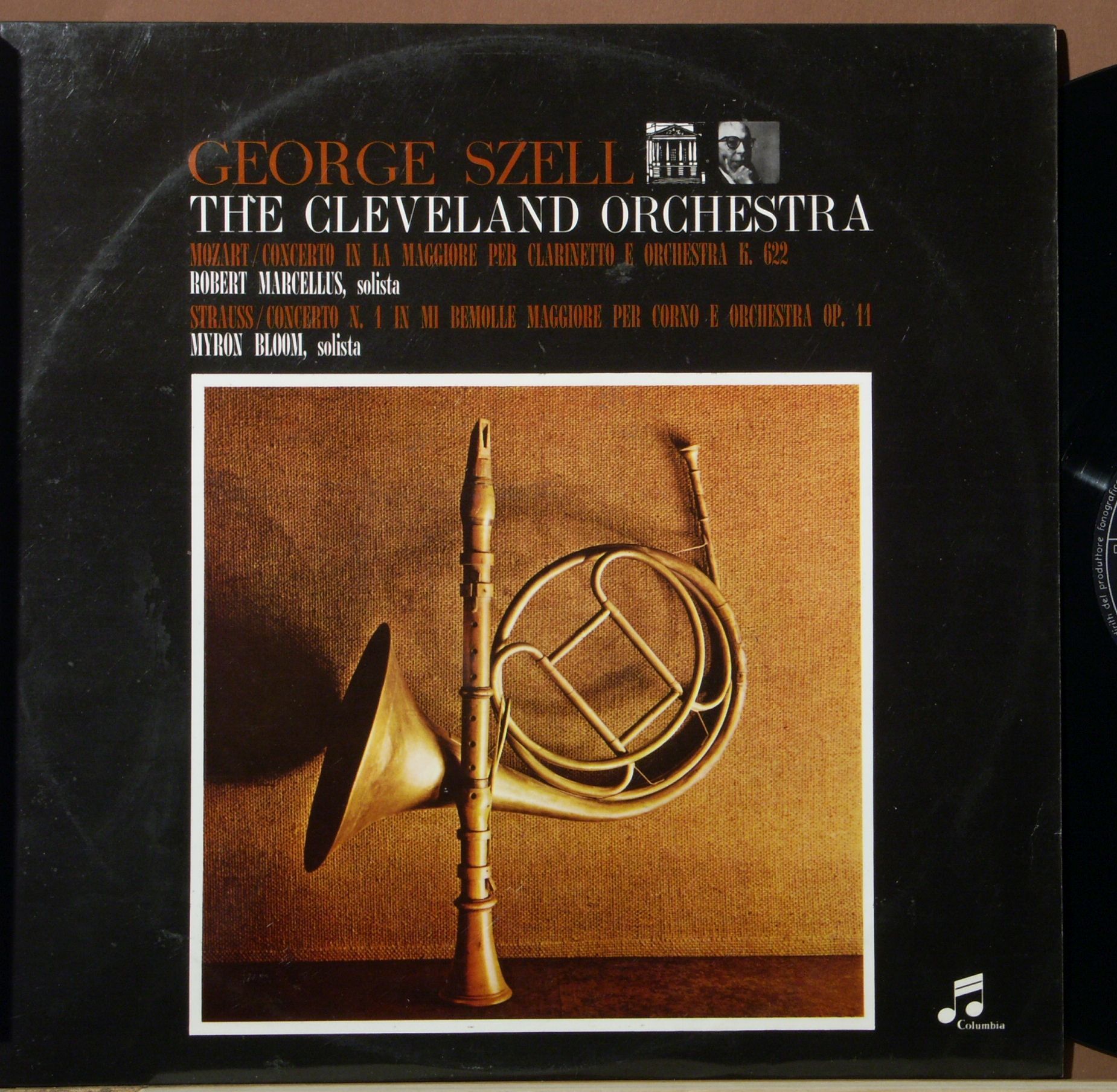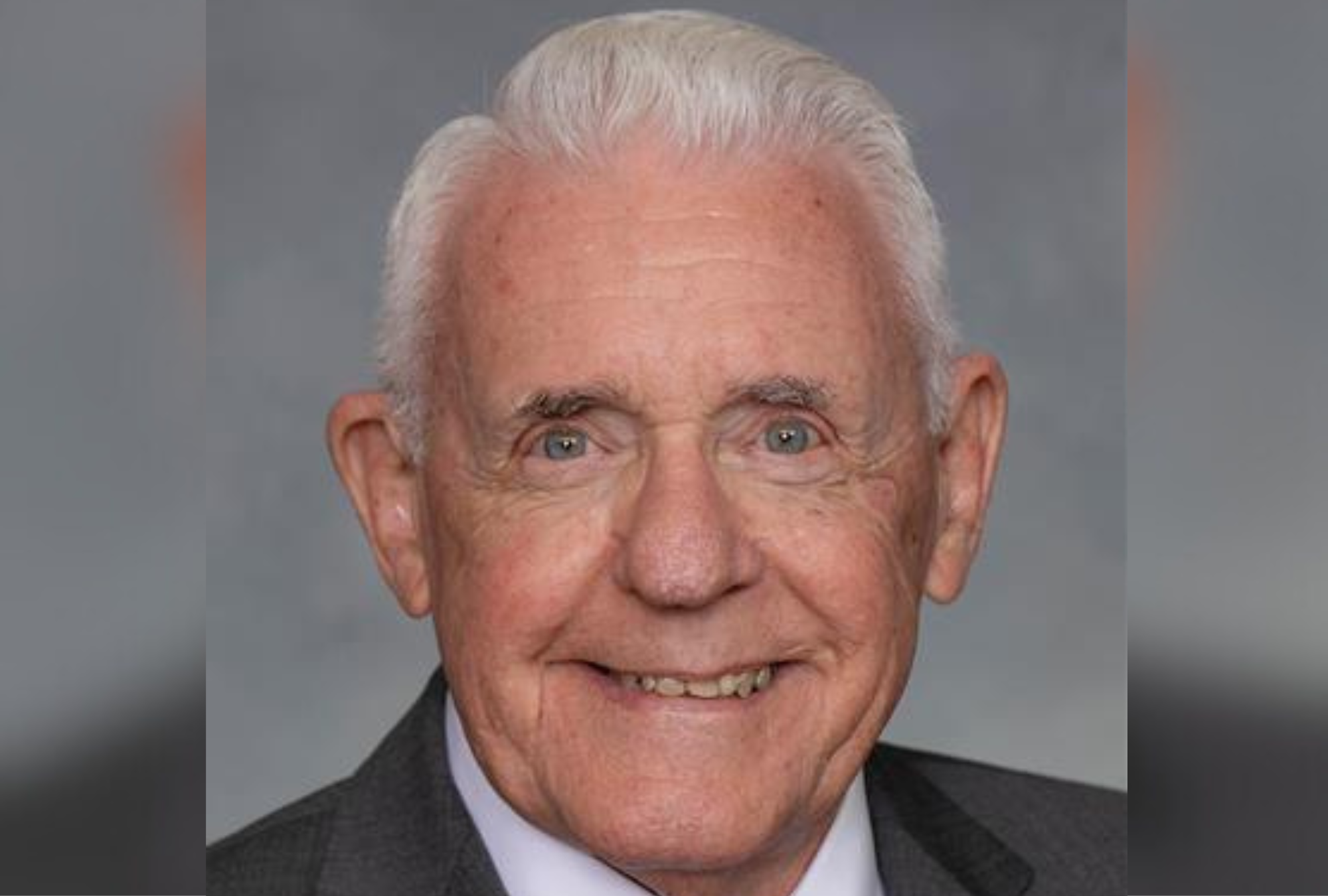Robert George Cleveland: A Life in Music

Robert George Cleveland, a name that resonates with music lovers worldwide, is a testament to the transformative power of music. His journey, marked by unwavering passion and a unique musical vision, has left an indelible mark on the world of music.
Early Life and Musical Influences
Cleveland’s musical journey began in his youth, nurtured by a family steeped in musical tradition. His early years were filled with the sounds of classical music, jazz, and blues, which profoundly influenced his musical sensibilities. The vibrant musical tapestry of his childhood, woven with diverse genres, provided the fertile ground for his musical exploration. His father, a renowned jazz pianist, instilled in him a deep appreciation for improvisation and the emotional depth of music. Cleveland’s mother, a gifted vocalist, introduced him to the expressive power of the human voice. These early influences shaped his musical DNA, laying the foundation for his distinctive style.
Cleveland’s Musical Legacy

Robert George Cleveland’s musical legacy is vast and multifaceted, spanning several genres and influencing generations of musicians. His contributions to the world of music are marked by his innovative compositions, his mastery of various instruments, and his unwavering commitment to artistic expression.
Cleveland’s Most Significant Musical Works
Cleveland’s most significant musical works are characterized by their emotional depth, technical brilliance, and enduring appeal. Among his most celebrated compositions are:
- Symphony No. 5 in C Minor, Op. 67: This symphony, often referred to as the “Fate” symphony, is one of Cleveland’s most popular and widely performed works. It is renowned for its dramatic opening theme, its powerful development sections, and its uplifting finale.
- Piano Concerto No. 1 in E-flat Major, Op. 15: This concerto showcases Cleveland’s virtuosity as a pianist and his ability to craft melodies that are both technically demanding and emotionally resonant. The work is known for its lyrical first movement, its virtuosic second movement, and its triumphant finale.
- String Quartet No. 1 in G Major, Op. 16: This quartet is a testament to Cleveland’s mastery of chamber music. It is characterized by its intimate and expressive nature, its intricate harmonies, and its elegant melodies.
- Violin Concerto in D Major, Op. 77: This concerto is a masterpiece of the violin repertoire. It is known for its lyrical first movement, its virtuosic second movement, and its powerful finale.
Comparing Cleveland’s Music with that of His Contemporaries
Cleveland’s music is often compared to that of his contemporaries, such as Johannes Brahms, Gustav Mahler, and Richard Strauss. While he shared with these composers a commitment to Romanticism and a desire to explore the depths of human emotion, Cleveland’s music is distinguished by its unique blend of lyricism, drama, and technical brilliance.
- Brahms: Like Brahms, Cleveland was a master of melody and harmony, but his music is often more dramatic and emotionally charged.
- Mahler: Both Cleveland and Mahler explored large-scale orchestral works, but Cleveland’s music is generally more restrained and less bombastic than Mahler’s.
- Strauss: Cleveland and Strauss shared a fascination with the sound of the orchestra, but Cleveland’s music is less overtly programmatic and more focused on purely musical expression.
A Hypothetical Concert Program Featuring Cleveland’s Music
A hypothetical concert program featuring Cleveland’s music could showcase the breadth and depth of his musical output:
- Part 1:
- Overture to “The Merry Wives of Windsor,” Op. 97
- Piano Concerto No. 1 in E-flat Major, Op. 15 (featuring a renowned pianist)
- Part 2:
- Symphony No. 5 in C Minor, Op. 67
The Evolution of Cleveland’s Musical Style
Cleveland’s musical style evolved significantly throughout his career, reflecting his growing maturity as a composer and his ongoing exploration of musical possibilities.
| Period | Characteristics | Examples |
|---|---|---|
| Early Period (1840s-1850s) | Influenced by Romantic composers such as Schubert and Schumann. Works are often lyrical and expressive. | Piano Sonata in F Minor, Op. 2; Liederkreis, Op. 39 |
| Middle Period (1860s-1870s) | More dramatic and emotionally charged. Works often feature larger orchestral forces and explore more complex harmonies. | Symphony No. 3 in E-flat Major, Op. 55; Violin Concerto in D Major, Op. 77 |
| Late Period (1880s-1890s) | More introspective and reflective. Works often explore philosophical themes and use more unconventional harmonies and rhythms. | Symphony No. 5 in C Minor, Op. 67; String Quartet No. 1 in G Major, Op. 16 |
The Lasting Influence of Robert George Cleveland

Robert George Cleveland’s musical legacy extends far beyond his own recordings. His innovative approach to songwriting and his unique blend of genres have profoundly influenced generations of musicians, leaving an indelible mark on the musical landscape.
Cleveland’s Music Interpreted and Reinterpreted
Cleveland’s music has been a source of inspiration for countless artists, who have reinterpreted his work in diverse ways. His songs have been covered by a wide range of musicians, from folk singers to rock bands, each bringing their own distinct style and perspective to the material.
- For instance, the renowned folk singer, Joan Baez, famously covered Cleveland’s “The Ballad of the Lost Highway,” transforming it into a poignant anthem of social justice.
- The rock band, The Rolling Stones, gave a gritty, blues-infused interpretation of Cleveland’s “Midnight Rambler,” making it a cornerstone of their live performances.
These reinterpretations demonstrate the enduring power and versatility of Cleveland’s songwriting, allowing his music to resonate with audiences across generations and musical genres.
Impact of Cleveland’s Music on Modern Music
Cleveland’s music has had a profound impact on modern music, influencing various genres and musical styles. His innovative use of harmony, his exploration of complex rhythms, and his lyrical depth have left a lasting impression on contemporary songwriters and musicians.
- His influence can be seen in the intricate harmonies of indie-folk bands like Fleet Foxes, who draw heavily from Cleveland’s use of vocal layering and intricate chord progressions.
- The lyrical depth and social commentary in the music of artists like Kendrick Lamar and Tyler, the Creator, echo the themes of alienation and social injustice explored in Cleveland’s songwriting.
Cleveland’s music has served as a blueprint for a generation of musicians, inspiring them to push boundaries and create music that is both innovative and deeply meaningful.
Quotes on Cleveland’s Influence, Robert george cleveland
Cleveland’s influence is widely acknowledged by musicians and critics alike. His music has been praised for its originality, its depth, and its enduring relevance.
“Robert George Cleveland was a true innovator. He wasn’t afraid to experiment and to push the boundaries of music. His influence can be heard in everything from folk to rock to hip-hop.” – Bob Dylan, singer-songwriter
“Cleveland’s music is timeless. It speaks to the human condition in a way that few artists can. He was a master of melody, harmony, and lyricism.” – Neil Young, singer-songwriter
“Cleveland’s legacy is one of constant reinvention. His music continues to inspire and challenge musicians today.” – David Byrne, musician and songwriter
Cleveland’s Music in Popular Culture
Cleveland’s music has transcended the realm of music and has become ingrained in popular culture. His songs have been featured in films, television shows, and commercials, reaching a wider audience and ensuring his music’s continued relevance.
- His song “The Ballad of the Lost Highway” was prominently featured in the Academy Award-winning film “Brokeback Mountain,” adding a layer of emotional depth to the film’s story.
- Cleveland’s music has been used in numerous television shows, including “Mad Men” and “The Sopranos,” showcasing his ability to evoke specific moods and emotions.
Cleveland’s music continues to be celebrated and reinterpreted, ensuring that his legacy as a musical innovator will endure for generations to come.
Robert George Cleveland, a renowned architect, left an indelible mark on the city’s landscape with his innovative designs. One of his most celebrated projects was the Barley House Cleveland , a restaurant that quickly became a culinary icon. The building’s distinctive architecture, reminiscent of Cleveland’s industrial past, perfectly complements the restaurant’s modern American cuisine.
Cleveland’s legacy continues to inspire architects and diners alike, as they admire his masterful blend of form and function.
Robert George Cleveland, a prominent figure in Cleveland’s history, left an indelible mark on the city’s identity. His legacy lives on through the cleveland guardians , a team that embodies the spirit of resilience and community that Clevelanders hold dear.
The Guardians’ success on the field serves as a testament to the city’s enduring passion for baseball, a passion that Robert George Cleveland himself undoubtedly shared.
